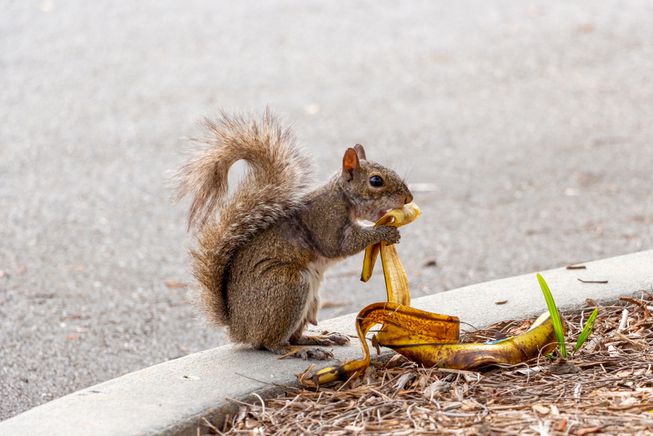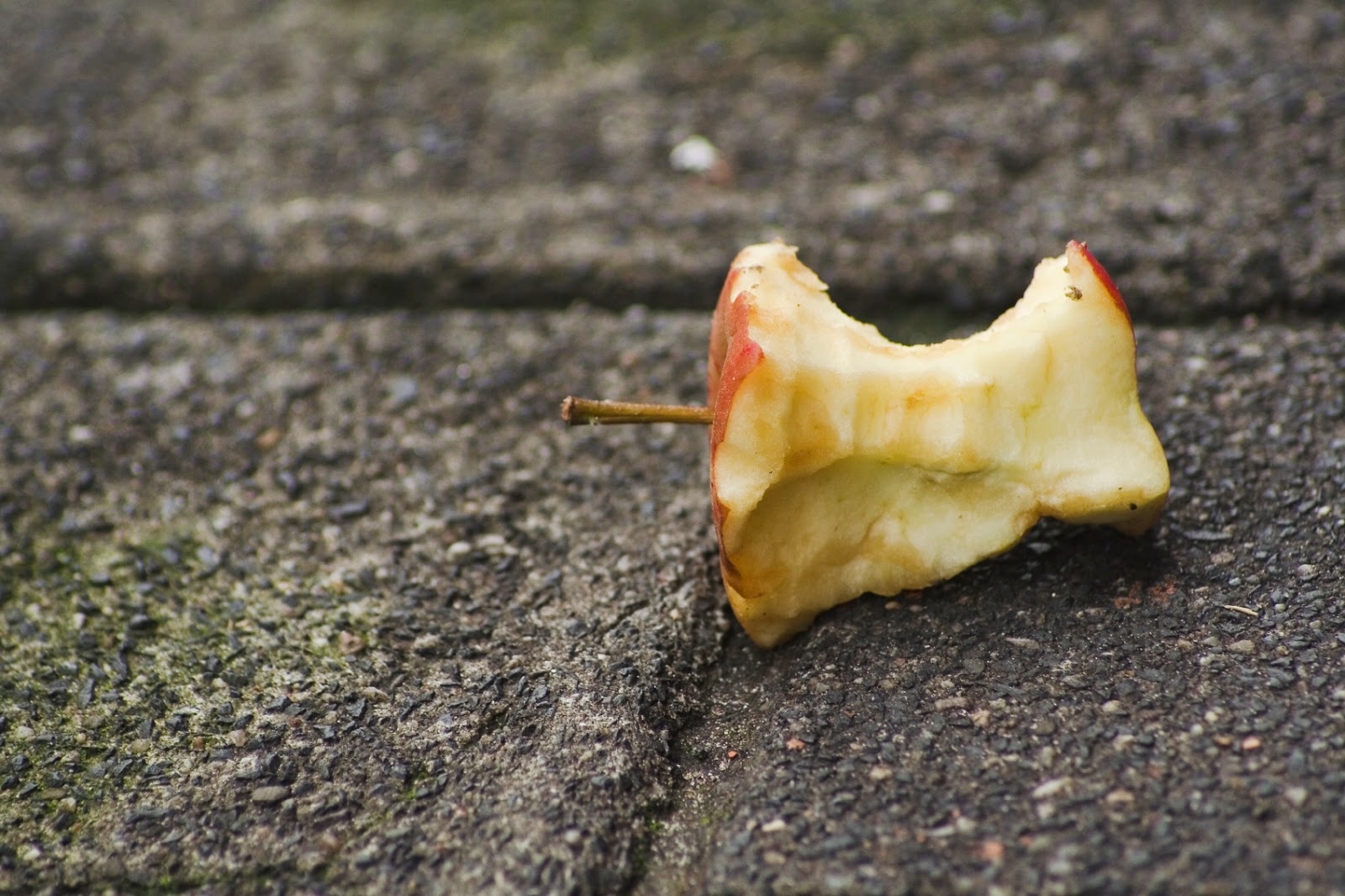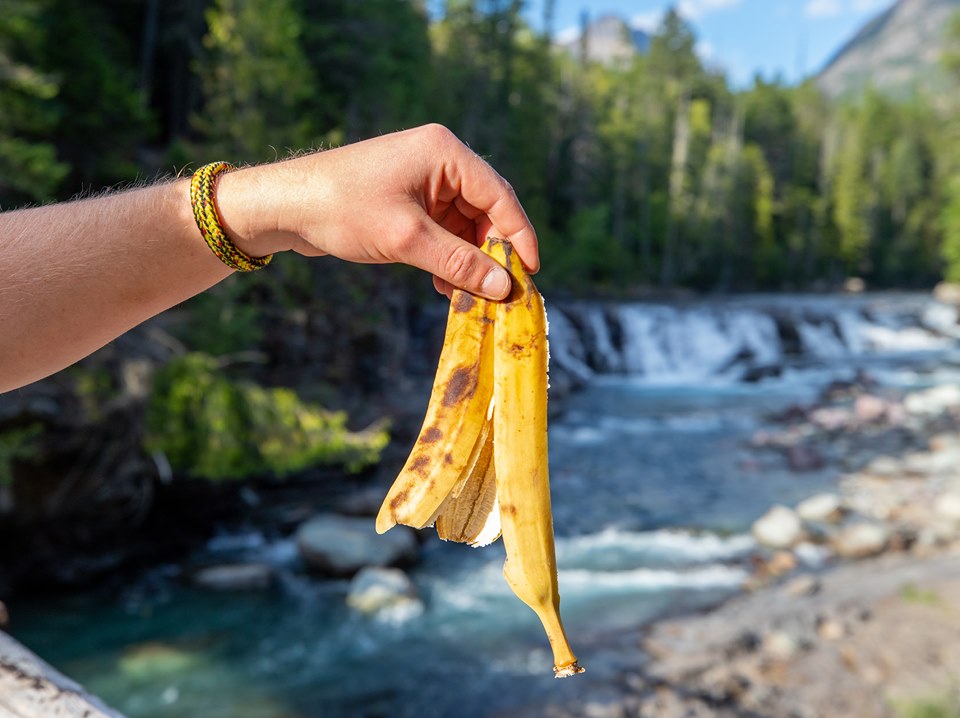
National Parks and Wildlands are spreading the word to grow awareness against a common misconception: it’s all good to leave so-called natural food trash along the trail.
The myth at play is the preconception that decomposition of waste (like peels or cores) makes it OK to toss those items into the forest.

According to information shared recently by Glacier National Park, ‘natural’ foods DO NOT decompose more quickly. In fact, leftovers of certain fruits can take much longer than imagined to break down, even years.
Off to the rot-races; a top-to-bottom ranking of fruit decomposition:
- banana (fastest)
- pear
- apple
- orange (slowest)
Busting the myth means recognizing the unnatural aspects of ‘natural’ foods. National Park representatives are quick to point out that most fruit products are not native to the environments where they are dropped. Animal populations consuming the organic waste will probably not digest the meal well, as their systems are unaccustomed to the foods. Parks staffers add that non-native plant growth can spread from the seeds of dropped fruits or vegetables.
And increased vegetation has a sibling-concern: increased habitation by wildlife. A classic example is an apple core tossed from a moving car. An obvious food source, that core encourages intensified animal activity near or even on roadways, a sure recipe for increase of wildlife-vehicle collisions.
Boiled down to its most base principle, the issue is waste left by the wayside. And National Parks staffers are quick to point out no one comes to wildlands to see trash.
Pack it in, pack it out!
